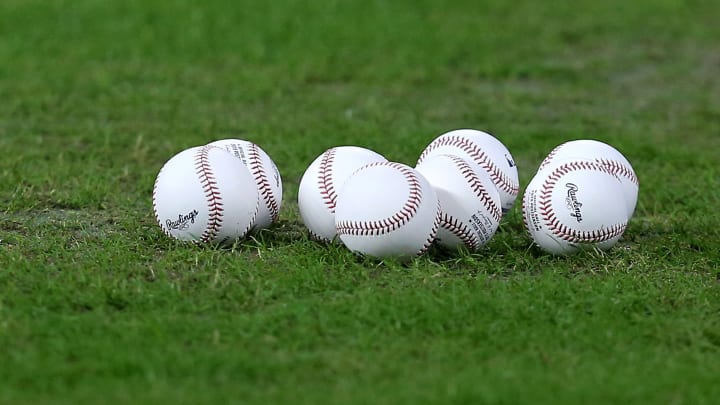Supreme Court Allows Minor Leaguers' Class-Action Lawsuit Over Pay


The United States Supreme Court is allowing a class-action lawsuit to proceed from minor league baseball players who allege they are being paid less than minimum wage.
Attorney and former minor league pitcher Garrett Broshuis announced the news on Twitter on Monday. Broshuis shared a statement from his firm Korein Tillery.
"The Supreme Court's decision to let the class certification decision stand is great news for minor league players. After almost four years on appeal, the players can now return to the trial court to ensure that Major League Baseball and team owners comply with minimum and overtime wage laws, a welcome development for minor leaguers in a very unusual year," the statement said.
The justices offered no comment Monday in rejecting MLB's appeal.
The lawsuit involves minor league players in Arizona, California and Florida.
The players first sued major league teams in February 2014, claiming most earned less than $7,500 annually in violation of several laws. A judge had initially allowed only the California players to sue, but the federal appeals court in San Francisco ruled in favor of the players from Arizona and Florida.
Low wages for minor league players have been a controversial issue for years in baseball. In February, MLB agreed to raise the minimum salary for minor league players in 2021. Two years after successfully lobbying Congress to exempt minor leaguers from federal minimum wage laws, the league opted to give players a wage increase between 38% and 72%.
The raises came as MLB was negotiating with the National Association of Professional Baseball Leagues, the governing body of the minors, to replace the Professional Baseball Agreement that expires after the 2020 seasons. The league sought to restructure the minor league system and reduce the number of affiliated clubs and eventually failed to reach an agreement with NAPBL.
Last month, MLB began implementing a new minor-league system, including restructuring the Appalachian League as a summer league for college freshman and sophomores.
The minor leagues hit another snag when the 2020 season was canceled this summer due to the coronavirus pandemic. Broshuis, who is also the co-founder of a coalition called Advocates for Minor Leaguers, worked this summer to help direct players toward a resource that was new to them—unemployment benefits. Minor league players were exempt from minimum-wage and overtime laws through 2018's Save America's Pastime Act. However, federal legislation in March expanded the group of eligible workers for unemployment to include gig workers and independent contractors, clearing the way of minor leaguers.
Some minor league clubs initially planned to cut players' pay, but most teams later agreed to pay their squads through the end of the originally scheduled season.
The Associated Press contributed to this report.
